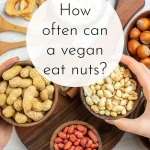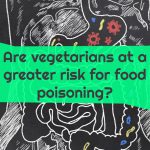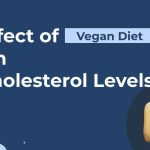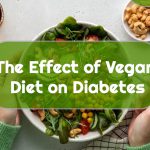Does Eating Human Meat Change Your DNA?
Cannibalism's Dark Truth: Health Risks & DNA Impact
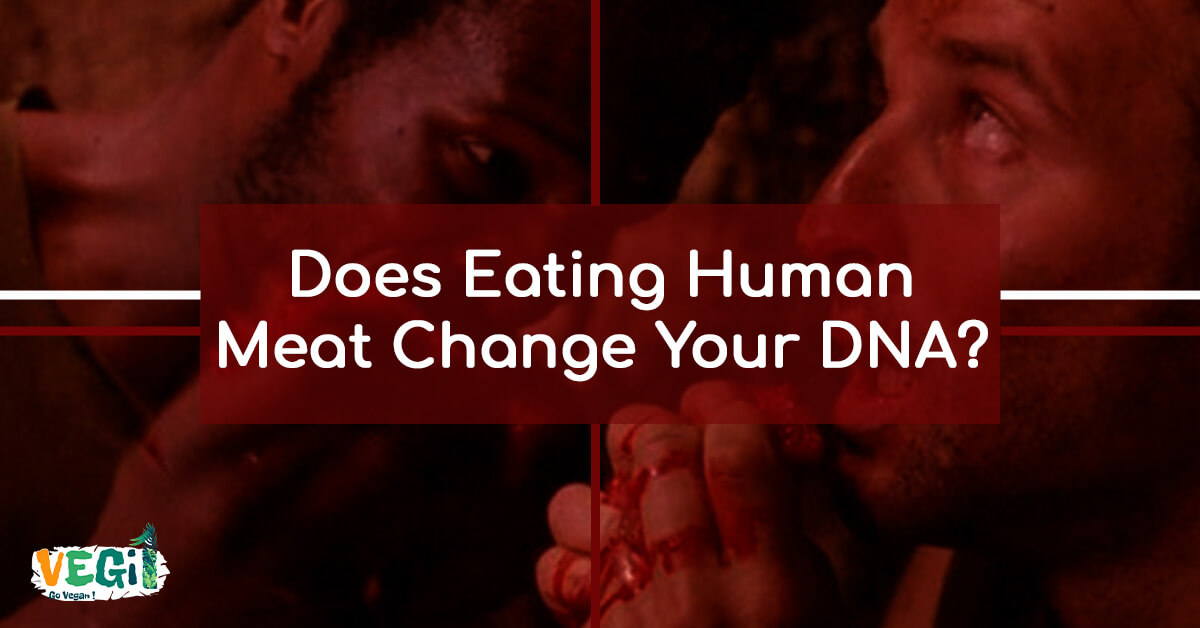
I’ve been curious about the effects of consuming different types of meat, including the unthinkable – human flesh. Yes, you read that right.
As a vegetarian, the thought of consuming another human being’s meat is abhorrent to me; I’ve always believed in cruelty-free and healthy plant-based nutrition.
However, I understand that cannibalism has been a part of human culture for thousands of years, with various cultural, ritual, and survivalist reasons behind it.
But what are the actual implications of eating human meat? Does eating human meat Change our DNA? Are there any side effects? Join me as we explore the science behind this taboo practice.
In this article, we will explore the potential side effects and dangers of cannibalism, including its impact on DNA.
In this article you will read:
The History and Origins of Cannibalism
Cannibalism is not a new phenomenon. It has been practiced by various human ancestors and has been a part of human history for centuries. In some cultures, cannibalism was believed to transfer the strength or attributes of the consumed individual to the consumer. Ritualistic cannibalism was also practiced as a way to honor the deceased or as part of religious ceremonies.
Even in Europe, the consumption of human body parts was once believed to have medicinal properties.
In desperate times, such as during famines or sieges, people have resorted to cannibalism as a means of survival. Reports of cannibalism during events like the North Korean famine in 2013, the siege of Leningrad in the 1940s, and China’s “Great Leap Forward” in the 1950s and 1960s highlight the extreme circumstances under which cannibalism may occur.
The Morality and Ethics of Cannibalism
Before we delve into the health implications, it’s important to address the moral and ethical aspects of cannibalism. Our initial reaction to the idea of consuming human flesh is often one of disgust and revulsion. However, it’s essential to recognize that cultural practices and beliefs shape our perceptions. In some cultures, consuming parts of deceased loved ones is seen as a way to honor and remember them, a deeply personal and meaningful ritual. While these practices may seem disturbing to us, it’s essential to acknowledge the diversity of human experiences and beliefs.
The Power of Personal Beliefs and Choices
I talked about belief. Let’s look a little deeper:
In some cultures, eating dog and cat meat is considered acceptable, while for others, it is a taboo subject. Similarly, many cultures consume beef or newborn calves and lambs without hesitation, believing that these animals were created for human consumption. Beliefs surrounding food and dietary choices vary greatly among different societies and individuals.
So, It is very natural that some groups believe in cannibalism.
As Sadegh Hedayat once said,
I put my finger in my mouth and vomited all the beliefs that were buried in my brain since childhood
And then
I reached humanity.
Are you one of those people who live based on the customs and habits of your ancestors in the present time and carry their beliefs with you, or have you defined new personal beliefs for yourself based on your knowledge, information, and experiences?
Cannibalism in Popular Culture
Cannibalism has also made its way into popular culture, further fueling our fascination and repulsion with the topic. From horror movies like “The Silence of the Lambs” to novels like “Cannibalism: A Perfectly Natural History” by Bill Schutt, our obsession with cannibalism persists.
However, it is important to separate the fictionalized portrayal of cannibalism from the reality and its potential risks.
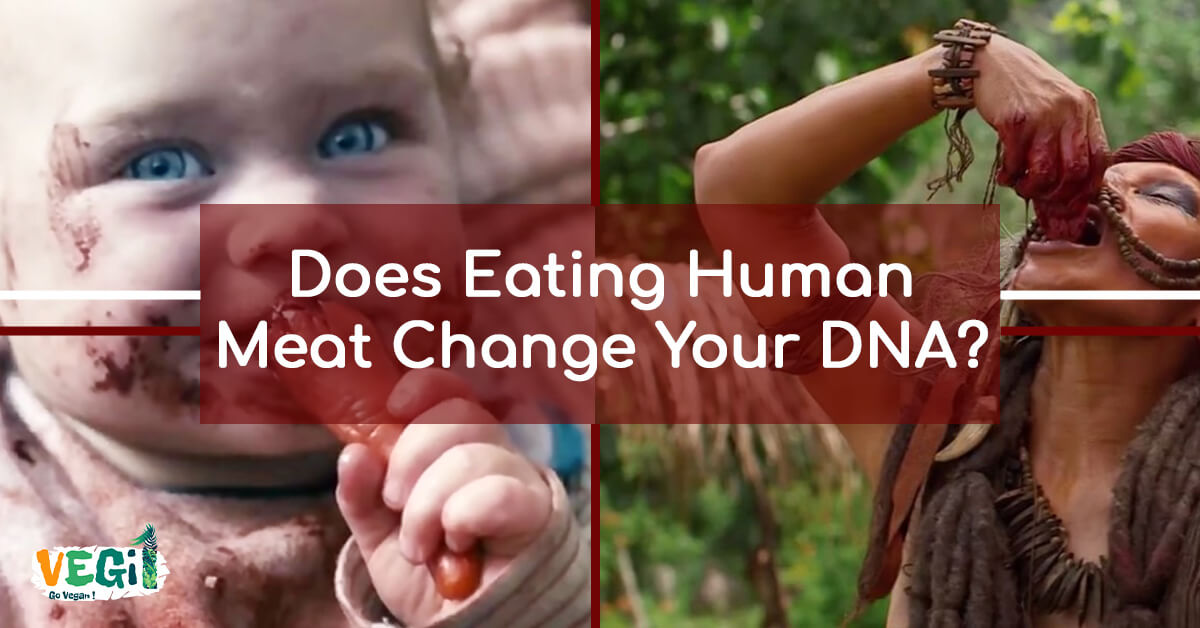
The Health Consequences of Cannibalism
While the moral and ethical implications of cannibalism are clear, what about its potential impact on human health? In most societies, cannibalism is considered a last resort, only practiced when there are no other options for survival. However, the act of consuming human flesh can have severe health consequences.
Prion Diseases and DNA Alteration
When it comes to the health consequences of cannibalism, one word stands out: prions.
One of the most significant risks of cannibalism is the transmission of prion diseases.
Prions are abnormal proteins that can cause devastating diseases, such as kuru, Creutzfeldt-Jakob disease (CJD), and variant CJD (vCJD). These diseases lead to severe neurological degeneration and, in some cases, death. Prions are unique because they replicate by forcing other proteins to adopt their abnormal shape, leading to the formation of amyloid plaques in the brain.
The Side Effects of Eating Human Flesh
When we talk about the side effects of cannibalism, we must focus on the health risks associated with prion diseases. The symptoms of prion diseases can vary but often include neurological deterioration, cognitive decline, and, ultimately, death. The transmission of prions through cannibalism can lead to devastating consequences for individuals and communities.
The transmission of prion diseases, including those associated with cannibalism, can occur through various routes.
For Example:
Consuming the brain of another human being can result in a prion disease called kuru, which is similar to mad cow disease. Symptoms of kuru include trembling and eventually death.
Prion Diseases and Kuru
Kuru is a rare and fatal neurodegenerative disorder that was prevalent among the Fore people in Papua New Guinea. The Fore practiced endocannibalism, which involved eating the bodies of deceased family members as part of a funeral ritual. Over time, this practice led to the transmission of prions and the development of Kuru symptoms, including tremors, difficulty walking, and ultimately, death.
Similarly, variant CJD arose in England through consuming meat from cows affected by bovine spongiform encephalopathy (BSE), also known as “mad cow disease.”
Genetic Mutations and Adaptation
In some cases, cannibalism has led to genetic mutations and adaptations that offer protection against prion diseases.
Studies have shown that individuals with specific variations in the prion gene may have a higher or lower risk of developing these diseases. The presence or absence of certain genetic variants can influence how prions interact with normal proteins in the body.
This example highlights the complex interplay between genetics and cannibalism:
As I said, The Fore people in Papua New Guinea were known for practicing cannibalism, specifically consuming the bodies of relatives to cleanse their spirits. This practice led to a significant number of Fore individuals contracting kuru. However, over time, some members of the Fore population developed a genetic mutation that protected them from the prions responsible for transmitting kuru, making them less susceptible to the prions that cause Kuru. This mutation, known as the V127 allele, provides a level of resistance to the disease.
The Fore people who carried the V127 allele were more likely to survive and reproduce, passing on this genetic advantage to future generations. It is important to note, however, that genetic mutations and adaptations are not a guarantee of immunity, and the risks associated with cannibalism still remain.
The Psychological and Emotional Impact of Cannibalism
The health risks associated with cannibalism are not the only concerns. The act of consuming another human’s flesh can have profound psychological and emotional consequences for both the consumer and the surrounding community. The act of consuming another human’s flesh goes against our deeply ingrained cultural norms and moral values. It can lead to feelings of guilt, shame, and trauma for both the cannibal and the victim.
In societies where cannibalism was once practiced, such as Papua New Guinea or certain historical periods in Europe, the psychological impact of these practices can still be felt today. The legacy of cannibalism can leave a lasting mark on a society’s collective psyche, perpetuating feelings of fear, distrust, and stigma.
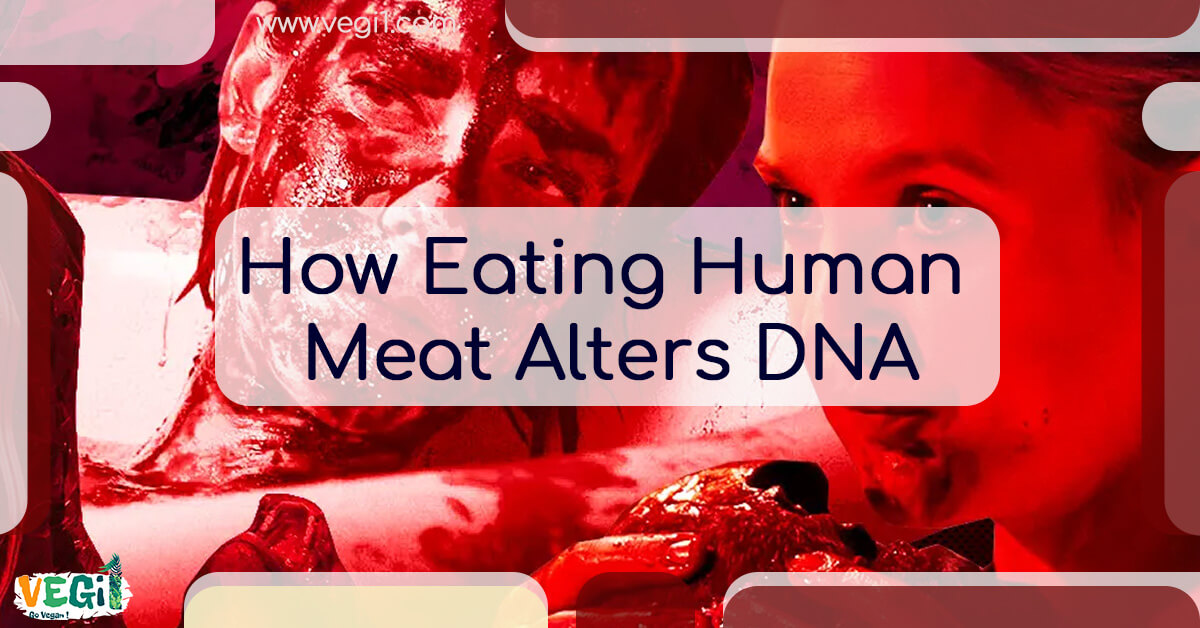
Disease Transmission and Microbes
Aside from prion diseases, cannibalism also poses risks of disease transmission. Consuming human flesh can introduce various pathogens and microbes into the body, potentially leading to infections and other health complications. Microbes and diseases present in the consumed individual can be transferred to the consumer, increasing the risk of illness.
The Impact on Human DNA
Now, let’s talk about the whole DNA thing. Does eating human meat change your DNA?
The short answer is no, eating human meat does not alter your DNA. Our DNA is incredibly stable and resistant to external influences.
Eating human meat, or any meat for that matter, won’t directly change your DNA. Our DNA is like the blueprint of life, and it remains pretty much the same throughout our lives unless there’s some genetic mutation happening naturally or due to other factors like radiation or chemicals.
What we eat doesn’t directly alter our DNA sequence. But, Truth is, everything we munch on has an effect on our bodies. Whether it’s plants or animals, we absorb their feelings, hormones, cells, and even their microscopic particles that can have various effects on our bodies and health.
If someone were to consume human meat , it could transmission certain pathogens and diseases that humans can carry, like prions or other infectious agents. cannibalism can have profound effects on health due to the transmission of diseases like prion-related disorders and they can cause severe harm to your brain and overall well-being.
That’s why I’ve chosen to stick to a plant-based diet, where I know I’m not contributing to any unnecessary suffering.
Let’s stick to plant-based goodness and leave the cannibalism for horror movies and stories, okay?
Veganism Vs. Omnivores; Are Vegans Healthier Than Omnivores?
The Power of Plant-Based Nutrition and Making Informed Food Choices
As a vegan, I gotta say, I’ve never thought about eating human meat – that’s definitely not on my menu!
Eating human meat, or cannibalism is something that most people find pretty repulsive, and for good reason. Apart from the ethical and moral concerns, there are serious health risks involved too.
I believe in the power of plant-based nutrition to nourish our bodies and promote overall well-being. While the topic of cannibalism may be intriguing from a scientific standpoint, it is not something I would ever consider or endorse. Instead, I encourage exploring the benefits of a plant-based diet, which has been linked to numerous health benefits, including reduced risk of chronic diseases and improved longevity.
Now choose what you want to eat. Does the plant feed on light, soil, and water? An animal that was tortured in slaughterhouses and enters our food basket with all kinds of diseases and hormones, or a human? With emotions based on experiences, memories and types of microbial and hormonal diseases
We have the freedom to choose which foods we consume and how they affect our bodies.
When it comes to deciding what to eat, we have a wide range of options. Plants derive their nourishment from light, soil, and water, making them a sustainable and cruelty-free choice.
Conclusion: The Choice Is Yours
Cannibalism is a taboo that both repulses and fascinates us. But behind the horror and curiosity lies a serious health risk and psychological impact.
In this article I was into the dangers of cannibalism and explore the question: Does eating human meat change your DNA?
Now it’s over to you! What are your thoughts on this whole cannibalism topic?
I invite you to contribute to the completion of this article and share your opinions with us in the comments below.
How do you feel about the potential health consequences of cannibalism? Have you made any dietary changes based on your beliefs and experiences? Let’s engage in a meaningful conversation and learn from one another’s perspectives.




